To follow from my January post on two American true crime non-fiction books, here is my list of 10 further recommendations in the true crime genre. It is in no particular order and I purposely left out books that I already reviewed on my blog – Roberto Saviano’s Gomorrah and Tom Wainwright’s Narconomics.
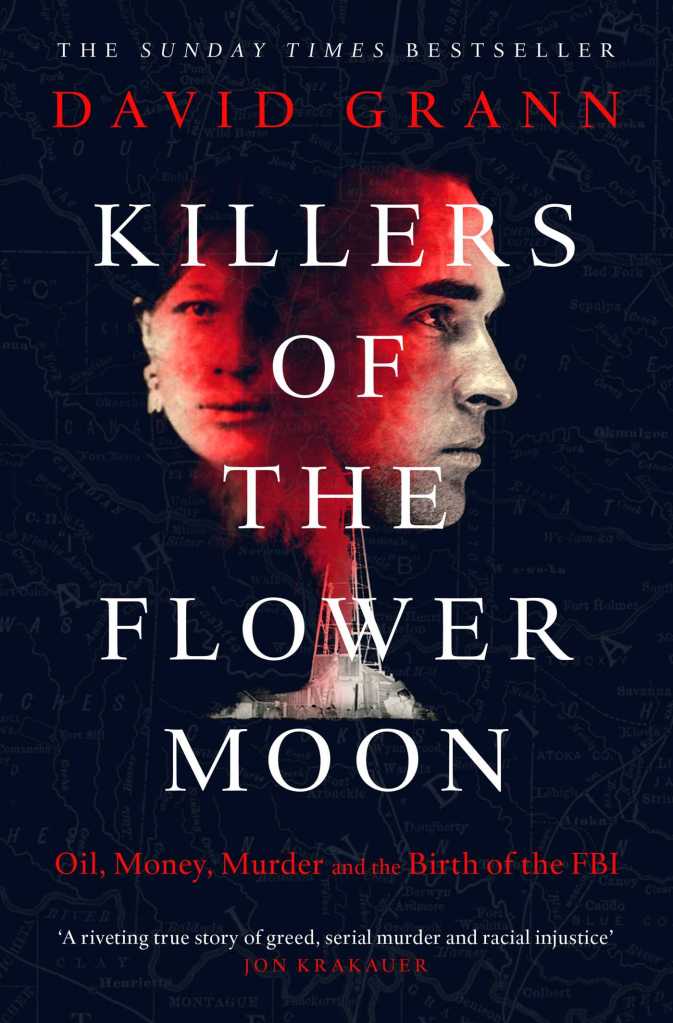
I. Killers of the Flower Moon: The Osage Murders and the Birth of the FBI [2017]
No other non-fiction has had as much effect on me in recent years as this book by David Grann. This is an outrageous story about a series of inexplicable murders of the Osage people in Oklahoma in the 1920s after big oil deposits were found on their land. High levels of local corruption meant that a completely independent force had to take charge of a covert investigation and subsequently uncovered some very shocking facts. I also enjoyed Grann’s book The Lost City of Z, and Killers of the Flower Moon is currently being adapted as a film by no other than Martin Scorsese and starring Leonardo DiCaprio (no, not in a “good guy” role), Robert De Niro and Jesse Plemons (The Power of the Dog).
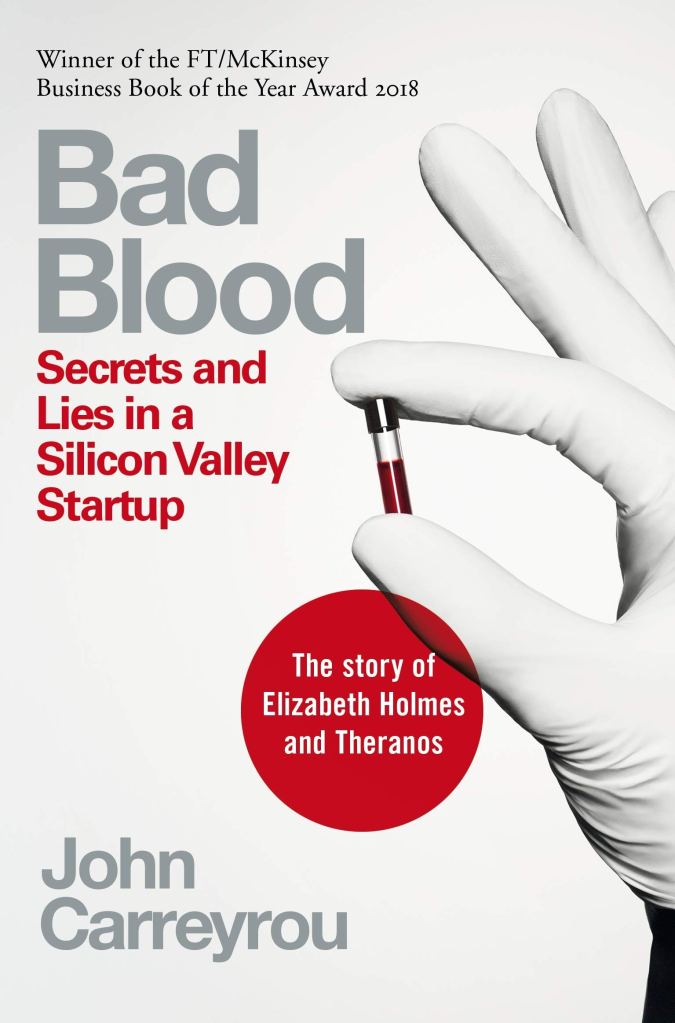
II. Bad Blood: Secrets and Lies in a Silicon Valley Startup [2018]
The story of Stanford drop-out Elizabeth Holmes must be one of the most shocking to come out in the 21st century. Holmes started her company Theranos in California in 2003, emulating Steve Jobs, and persuaded a number of influential people (alongside millions of onlookers!) to part with their cash and invest in her new medical technology that, from her words, could revolutionise blood testing and lead to accurate diagnoses years before any symptoms appeared. Only no such “miracle” technology was ever in existence, and this book by a Pulitzer Prize-winning reporter not only tells of Holmes’s tale of ambition and deception, but also of the company’s later attempts to cover-up and intimidate as snippets of truth started to emerge around 2015. In January 2022, Elisabeth Holmes was convicted of four out of eleven charges laid down against her.
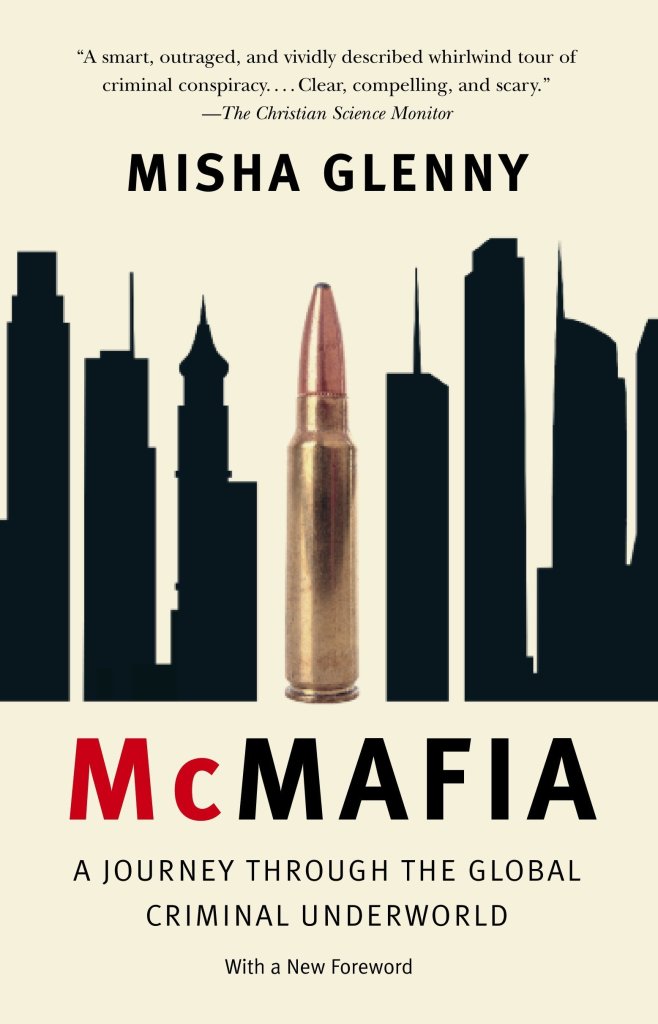
III. McMafia: A Journey Through the Global Criminal Underworld [2008]
Misha Glenny is a British journalist whose book McMafia is probably the most thorough overview of global illegal operations. Glenny looks at different aspects of criminal activities that cross borders, unearthing the actions of mafias from different countries who now use the most sophisticated new technologies and tools at their disposal to make profits, often blending seamlessly with licit activities that support global economy.
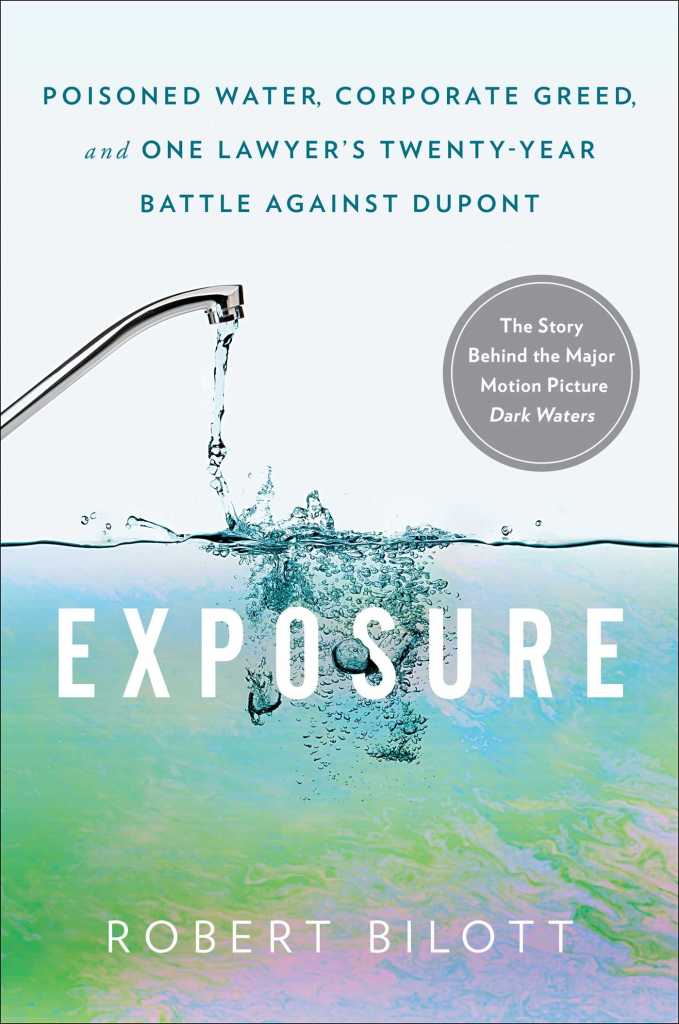
IV. Exposure: Poisoned Water, Corporate Greed, and One Lawyer’s Twenty-Year Battle against DuPont [2019]
Robert Bilott is an environmental lawyer who is now famous for bringing a case against the multi-million corporation DuPont, alleging product, water and land poisoning by certain chemicals (PFOA/PFOS) affecting many residents of West Virginia who saw their farm animals die and who also subsequently began to suffer from a range of health problems, including cancers. Exposure is an eye-opening book from a man who was at the very centre of the most fascinating tort case of the 2000s and 2010s decades. Dark Waters [2019], a film starring Mark Ruffalo, was based on this book, and also see the documentary The Devil We Know [2018].
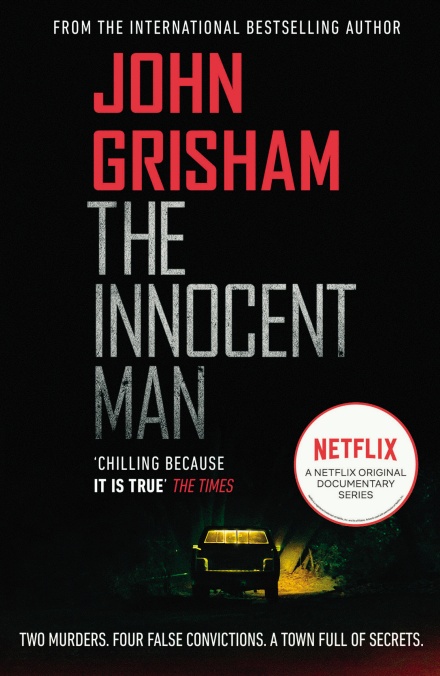
V. The Innocent Man: Murder and Injustice in a Small Town [2006]
John Grisham’s legal thrillers are the hallmark of the genre. In this non-fiction, he tells the remarkable true story of Ron Keith Williamson, a man who was wrongly convicted of the 1988 rape and murder of Debra Sue Carter in Oklahoma and was sentenced to death. He served 11 years on death row for the crime he did not commit before the DNA evidence exonerated him. Grisham painstakingly details all the faults in the American investigative and justice system, including prejudice against mental illness, that subsequently led to Williamson’s shocking conviction.
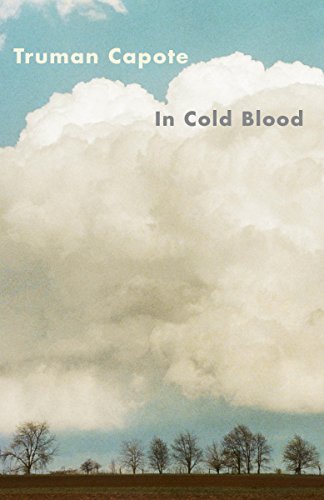
VI. In Cold Blood [1965]
Truman Capote is the author behind novella Breakfast at Tiffany’s [1958], but his other well-known book is actually non-fiction In Cold Blood, where he talks about the 1959 murders of four members of the Clutter family that happened in Kansas. Unflinching, vivid and evocative, Capote paints a gruesome picture of young killers Perry Smith and Dick Hickcock, their capture, trial and, finally, execution.
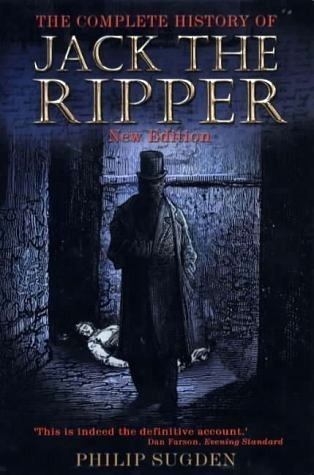
VII. The Complete History of Jack the Ripper [1996]
Historian Philip Sugden compiled a thought-provoking history of one of the world’s most notorious serial killers who terrorised East London between 1888 and 1891. The book is a pleasure to read and focuses as much on the victims as on the possible suspects. Although it is true that there have been certain findings in this old case since 1996, Sugden’s book still feels very thorough and generally complete.
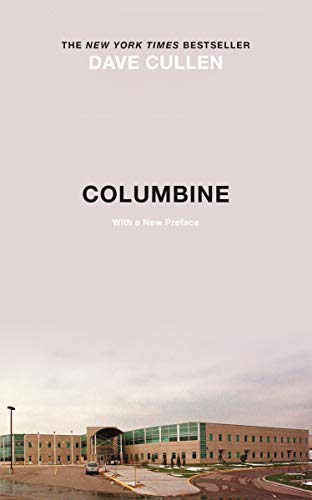
VIII. Columbine [2009]
American journalist Dave Cullen wrote about two teenagers, Eric Harris and Dylan Klebold, who killed 13 people at their high school on 20 April 1999, while also seriously injuring many more. Cullen focuses on the boys, their families and school lives, as well as on the court cases and the lives of the surviving victims. Why did these two teenagers pick up guns in the first place and what lessons can be learnt from this horrific event? Columbine should have been a statement and a stance against guns, but, as it turned out, little has been done to remedy the American gun epidemic since the disaster. This book will tie nicely with Gary Younge’s Another Day in the Death of America [2016].
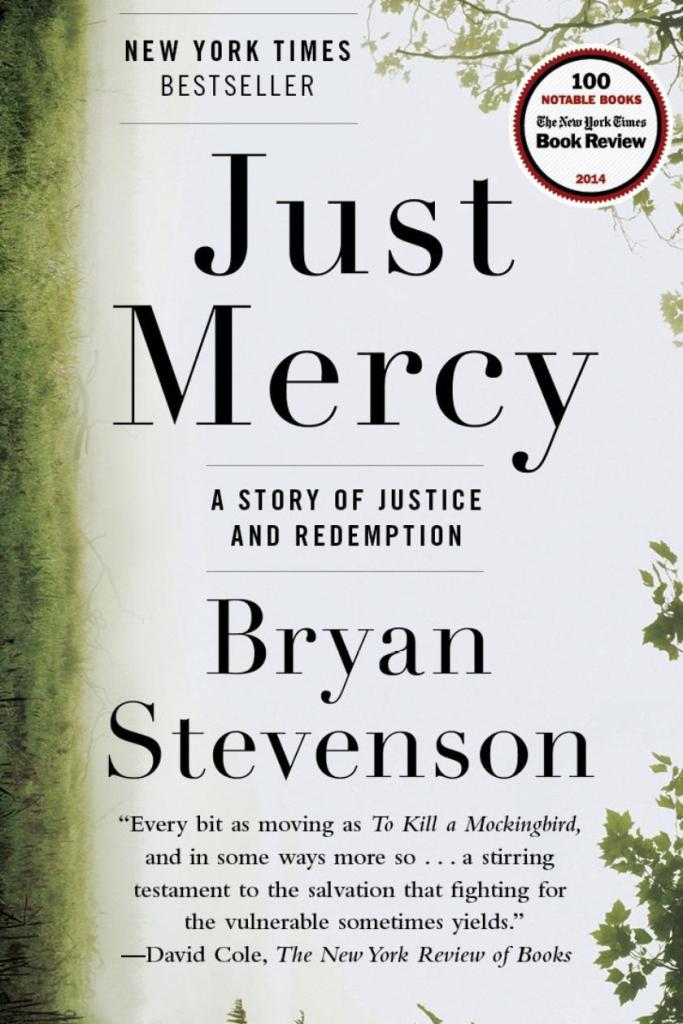
IX. Just Mercy: A Story of Justice and Redemption [2014]
This is an important book by lawyer Bryan Stevenson who details his work on death row in the US. He talks about individual cases, for example, his work on the case of Walter McMillian, a man who was wrongly convicted of murder and spent 6 years on death row. Even people who agree with death penalty has to pause when confronted with its discriminate application – poor and black people are more likely to face death, than white and rich. Children who commit serious crimes are continued to be treated as adults in American courts and even imprisoned in adult jails, and the treatment of mentally disabled by the American criminal justice presents big ethical issues.
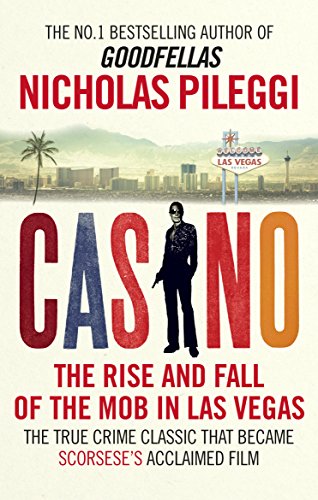
X. Casino: The Rise and Fall of the Mob in Las Vegas [1995]
“Mob” and “casino” – once these two words were interchangeable. Nicholas Pileggi writes about the mob’s tight grip on the Las Vegas casino scene of the 1970s. At the centre of this story are two mobsters – Frank ‘Lefty’ Rosenthal and Anthony ‘the Ant’ Spilotro who were behind some of the shadiest gambling venues and deals of the decade, leaving behind them a trail of deceptions and possible murders. This is a very detailed account which was also adapted for film by Martin Scorsese.
Do you read true crime non-fiction? What are your favourite titles in this genre?


“Helter Skelter” about the Manson “family” by Vincent Bugliosi and Curt Gentry is a very memorable true crime non-fiction.
LikeLiked by 2 people
Helter Skelter is the book that immediately came to my mind as well.
LikeLiked by 2 people
I read 1,2 and 6, and thought they were excellent. Some of the others are interesting. I will check them out. Thank you for posting.
LikeLiked by 1 person
It’s not something I usually read or seek, but one of my favorite books based on a true story is Devil in the white city by Erik Larson
LikeLiked by 2 people
Some great recommendations. I’ve been reading ‘Mindhunter: Inside the FBI elite serial crime unit’ by former FBI special agent John Douglas. While it’s not focused on one particular true crime story, it instead discusses many of Douglas individual case histories. Apart from the dark content, it is like a biography of his time at the FBI with some good humour and raw analysis. As some might already know, Douglas and his cases were the inspiration for the tv series of the same name which I highly recommend.
LikeLiked by 1 person
Thanks a lot for this recommendation! Mindhunter…I am aware of the TV series and actually I did read one book many years ago penned by an FBI agent where he talked about a number of cases, but I can’t recall if it was this one or some other. Since it was published in 1995, maybe it was this one – either way, I need to look into it again and in some depth!
LikeLiked by 1 person
I tend to read fictional crime. It seems I may be missing out, and should rectify this. These suggestions give me a head start.
LikeLiked by 1 person
The only true crime nonfiction I recall having read is The Maul and the Pear Tree, an overview of the Ratcliffe Highway murders in 1811 by T A Critchley and the mystery writer P D James, which was horrifying enough. Frankly I feel sick reading or even hearing about true crimes, particularly the very gruesome ones, and can only occasionally stomach TV documentaries or docudramas.
I’m currently watching the BBC’s 2019 seriesThe Rise of the Nazis and that narrative seems to prefigure the kind of autocratic mindset we are now seeing in Putin’s greedy invasion of Ukraine. I hate all inhumanity to humanity.
LikeLike
Thank you for this list! I don’t read a lot of true crime even though I do enjoy the genre. I did read a book about Ted Bundy: Conversations with a killer and Breaking Dad by James Hubbock.
LikeLiked by 1 person
Helter Skelter was great. I’m still terrified. Have you read “I’ll be Gone in the Dark” by Michelle McNamara? I bought it recently. Haven’t read it yet.
LikeLiked by 1 person
Thank you for these recommendations. I’ve heard of McNamara’s book, and will certainly now try to locate it. I am interested in the case of Golden State Killer.
LikeLiked by 1 person
I loved both Flower Moon and In Cold Blood. If you like true crime, you can’t do any better than the late Ann Rule, a former Seattle police officer who turned to true-crime writing that doesn’t glorify the criminal.
LikeLike
I am glad to hear, these are great books! The author of The Stranger Beside Me? Hmm, she does at times present herself in the book as rather “conflicting” about Bundy’s guilt, doesn’t she? Maybe not true sympathy, but it’s still rather uncomfortable. I have to admit I have not read her other books.
LikeLike
Yes, I did not like Rule’s book The Stranger Beside Me. But her books about other cases are much different, much better. One I recommend is Dead by Sunset.
LikeLiked by 1 person
Dead by Sunset sounds great, thanks a lot!
LikeLike
I wouldn’t have said that I read this genre but I have read some. The first one was Capote’s In cold blood which really impressed me. Australians include Helen Garner who has has written a couple and Chloe Hoopers The arsonist is a good example. Outside Australia, probably the main one I’ve read is Richard Lloyd Parry’s People who eat darkness about a serial killer in Japan. So insightful in terms of Japan’s culture, for an outsider.
LikeLiked by 1 person
Yes, I got your comment, thanks! I did read People Who Eat Darkness, but not the other books you mention, all of which look very interesting. Both Helen Garner and Chloe Hooper seem to know their stuff inside out, thanks a lot for these wonderful recommendations. I will definitely try to find out more about Hooper’s Tall Man and The Arsonist in particular and potentially read them. There is actually something about Australia and its criminal scene which I find doubly fascinating, and some “60 Minutes Australia” crime documentaries must be one of the best in the world.
LikeLike
I’m so glad they interest you Diana. Tall man is great too. I read that just before I started blogging. I’m not sure whether to like or not that you think Australia’s criminal scene is interesting!
LikeLiked by 1 person